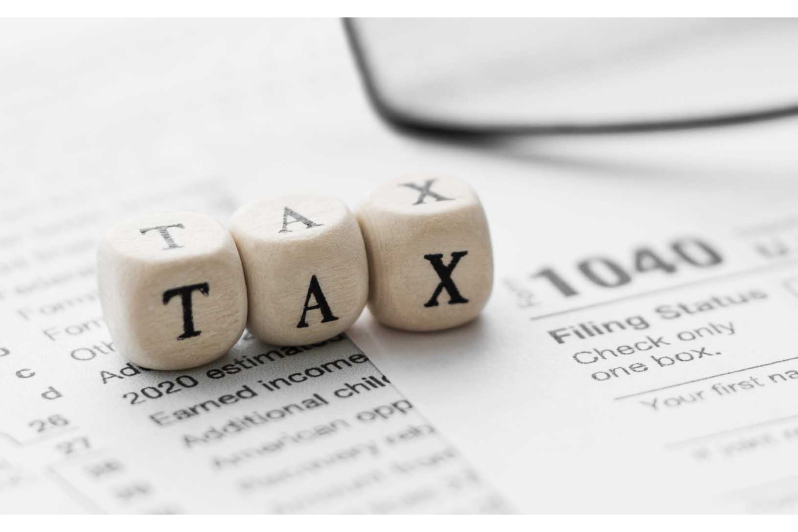An excise tax is a tax imposed on specific goods that are deemed harmful to public health or the environment. In the United Arab Emirates (UAE), an excise tax(levy) was introduced in 2017 to promote a healthier lifestyle and diversify government revenue. It is important for businesses to comply with the tax regulation and file their returns and payments on time to avert penalties for noncompliance. Thus, it is imperative for taxable persons to seek the services of top tax consultants in UAE to seamlessly implement levy standards and to stay compliant.
The Scope of Excise Tax(levy) in UAE
Excise tax is levied on specific goods that are deemed harmful to public health or the environment. The UAE imposes an excise levy on three types of products – tobacco, energy drinks, and carbonated beverages. The purpose of the excise tax is to discourage the consumption of these products and to promote a healthier lifestyle. The rate of excise tax for tobacco products is 100%, while energy drinks and carbonated beverages are taxed at a rate of 50%. The levy is calculated based on the retail selling price of the product, including any VAT.
Process of Filing Returns for Excise Tax in UAE
The followings are the requirements and steps that are involved in the filing of excise levy returns;
- Registration: Businesses that import or produce excisable goods in the UAE are required to register for excise levy. Registration can be done through the Federal Tax Authority (FTA) website. Businesses must provide their trade license, the Emirates ID of the authorized signatory, and any other relevant documents.
- Filing frequency: This levy returns must be filed on a monthly basis, regardless of whether any levy is due or not. The deadline for filing returns is the 15th day of the following month.
- Documents required for filing: To file this levy returns, businesses must provide a summary of all sales and purchases of excisable goods during the month. This includes the quantity, value, and levy amount of each product.
- Calculation:This is calculated based on the retail selling price of the product, including any VAT. The levy is calculated using the following formula: Excise tax = Retail selling price x Excise tax rate.
- Filing deadlines: Tax returns must be filed on a monthly basis, regardless of whether any levy is due or not. The deadline for filing returns is the 15th day of the following month. Late filing of returns may result in penalties.
Read More: Excise Stock Movement Guide
Process of Payment for Excise Tax(levy)
- Payment methods: This levy payments can be made through various methods. The most common method is through the FTA’s e-services portal, which can be accessed via the FTA’s website. Payments can be made using a credit card or through a bank transfer. Alternatively, payments can be made through one of the approved banks in the UAE.
- Payment deadlines: The levy payments must be made on a monthly basis, along with the filing of returns. The deadline for payment is the 15th day of the following month. It is important to note that payments must be received by the FTA on or before the deadline, not just initiated by the deadline.
- Consequences of late payment: Late paymentmay result in penalties and interest charges. The penalty for late payment is 2% of the unpaid levy for the first seven days of delay, with an additional 4% penalty for each subsequent month of delay. In addition, interest charges of 1% per month may also apply. The total amount of penalties and interest charges can be up to 300% of the original levy amount owed.
What are the Consequences of non-compliance?
Non-compliance with excise tax UAE regulations can result in fines, penalties, and even criminal charges. In severe cases, non-compliance may result in the revocation of a business’s license. Additionally, businesses may face reputational damage and loss of customers if they are found to be non-compliant with levy regulations.
Conclusively, businesses that import or produce excisable goods in the UAE must register for excise tax UAE, file their excise tax returns on a monthly basis, and pay their excise levy on time. To ensure compliance, businesses should keep accurate records of their levy liabilities, and file their returns and payments on time.
Choose Tax Consultants UAE
It is important for taxable persons to comply with the levy standards and file their returns and payments on time to avert penalties for noncompliance. Thus, it is imperative for taxable persons to seek the services of tax consultants in UAE to seamlessly implement levy standards and to stay compliant. Therefore, contact us today and we shall be happy to assist you.
Read More: Excise Tax Public Clarification – Deregistration of Stockpilers
